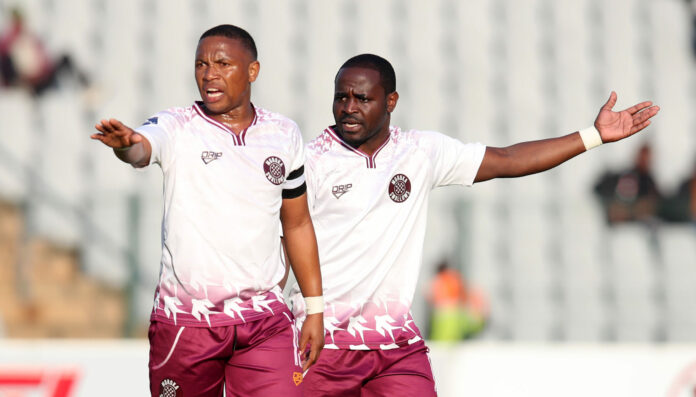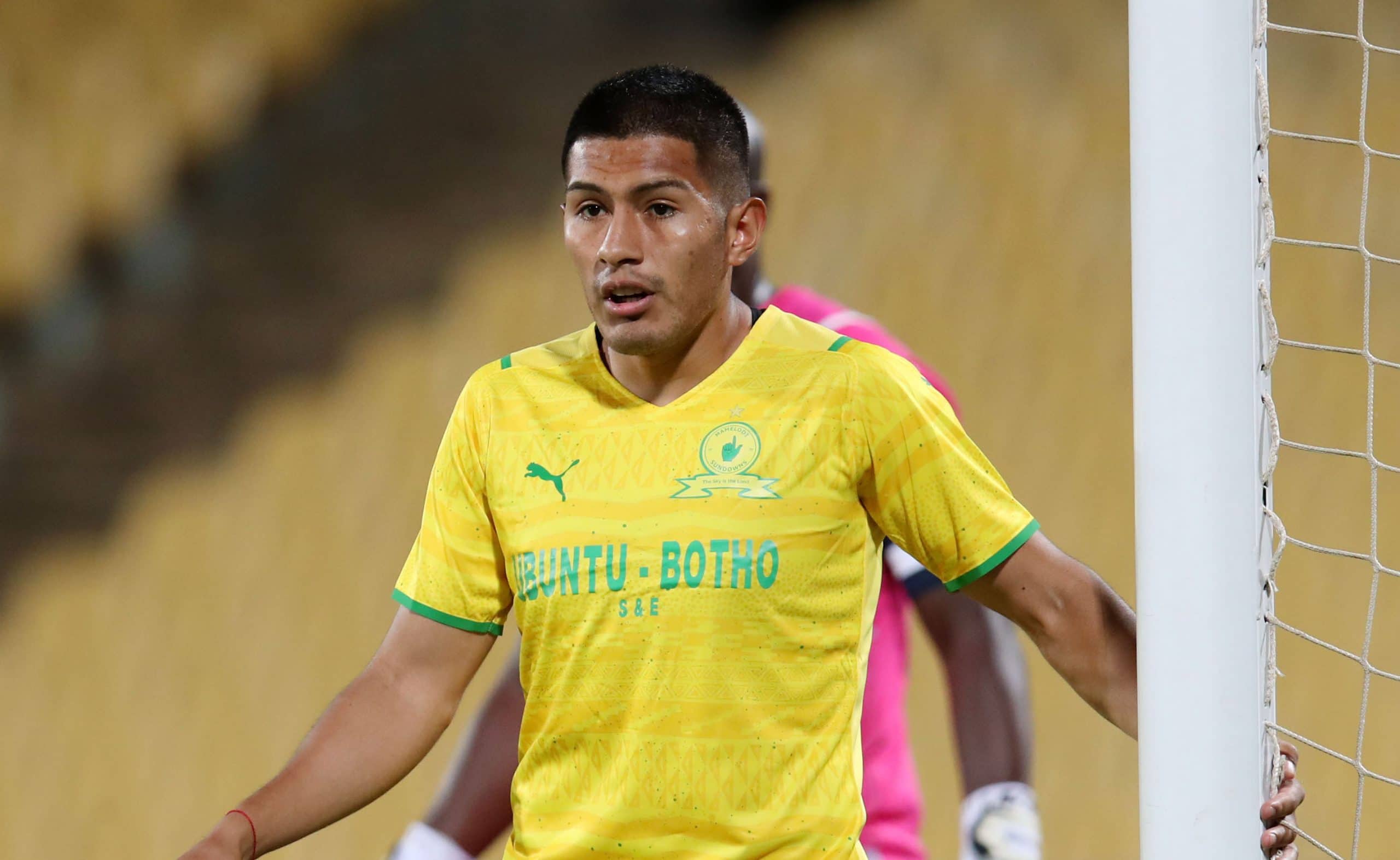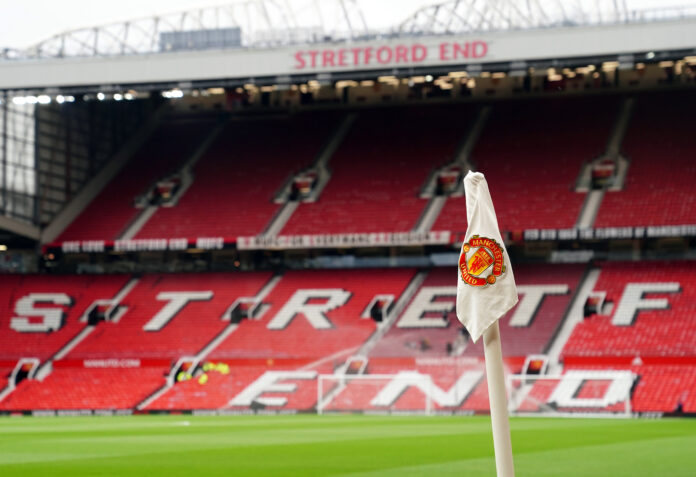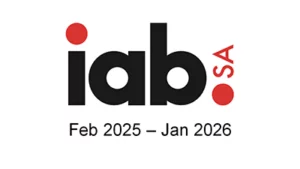Moroka Swallows head coach Steve Komphela has explained why the perceived bad boys Andile Jali, Gabadinho Mhango and Dumisani Zuma can’t be judged.
Komphela returned to the dugout as a head coach this season after three years in the Mamelodi Sundowns technical team.
And with his surprise appointment at Swallows, came with some high-profile, but potentially risky acquisitions that perhaps only a figure like himself could handle.
The likes of Jali, Zuma, Mhango and Lantshene Phalane all arrived in this window and all have been dubbed as bad boys at previous clubs with reputations of off-the-field issues.
But there was a special moment to savour as Jali, in the stands at Dobsonville Stadium during their 3-1 win over Cape Town Spurs last night, celebrated his side’s goals wildly, which perhaps shows the passion that’s been provided by the rebirth of Swallows.
“I didn’t see the incident of [Jali celebrating goals] but if it happened and one hears that, it’s a beautiful thing to hear, but again it further consolidates and does a blow to the narrative of people labelling others,” Komphela said about his signings.
“I was asked the same question at another press conference and I said to them, if you dealing with a genius, at some point of their life, if the task is too simple, they start to look for something else, destruction… then we call them delinquents.
“No, they are geniuses! AJ has an amazing personality, you can’t question that, well he might have some issues with injuries or [to] get into top shape and he’s no longer 22, to be honest, but he still has that effect, he still has the energy and he sees the game. He’s a great influence in the dressing room.
“Gabadinho is the same, he’s an aggressive personality, he wants to win, and he pushes everyone even the opponents, the goal he scored in Polokwane was purely out of his relentlessness. The free-kick [against Spurs] what do you say about that?
“He does that in training but the comradery, should not only be something like camouflage or powder on a table that you can blow out, it must be deep and entrenched, genuine because it’s easy to fake stuff.”
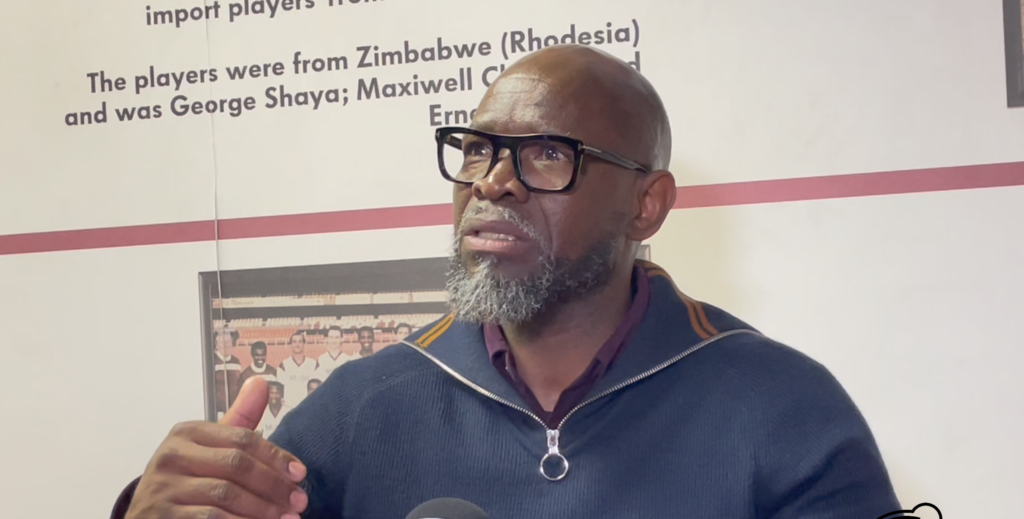
Komphela went on to question how these players could be written off or why sections of the media and supporters would state their arrivals aren’t good for the squad.
“What do you expect from a team when society is reflected in sports, expect a reflection of society in sports,” he added.
“If our society has challenges of a particular calibre, expect those challenges in the sport, when Desmond Tutu said ‘you can never have a normal sport in an abnormal society, it’s the same as having an abnormal sport in a normal society’.
“Society is reflected in sports, and how sports reflects, reflects society. What I’m trying to say is that when you have challenges in sports, you take that microscopic reflection of the challenges and maybe scan through society and see if there are similarities.
“You’re likely to find similarities, so if we complain about athletes, saying things, we have to look at ourselves and ask ‘are we perfect? Are we at the level where our morality can’t be questioned?’
“If we don’t respond appropriately to those questions, we have no right to question the behaviour of our sports people. But we not condoning it, they must be exemplary.”

